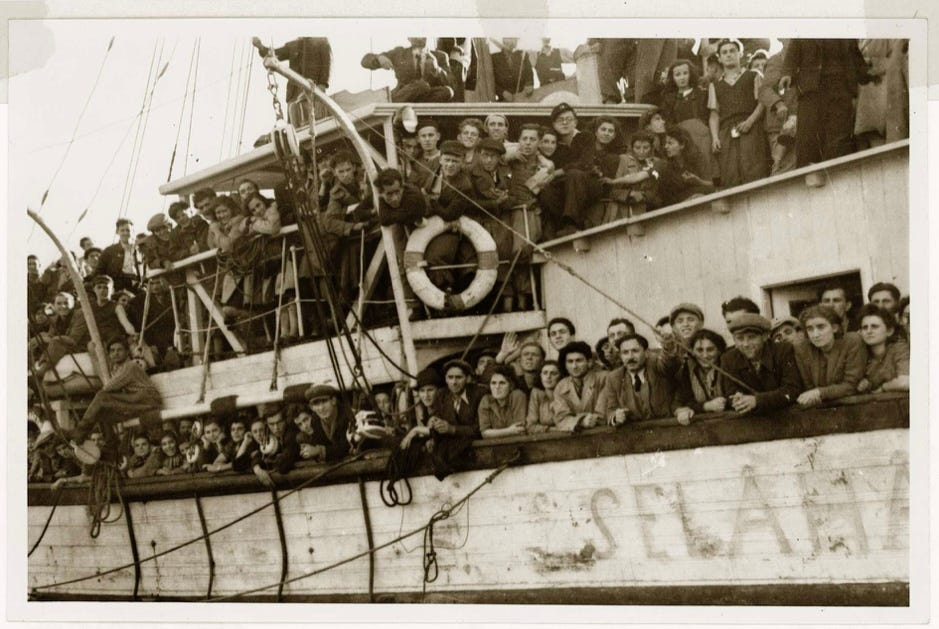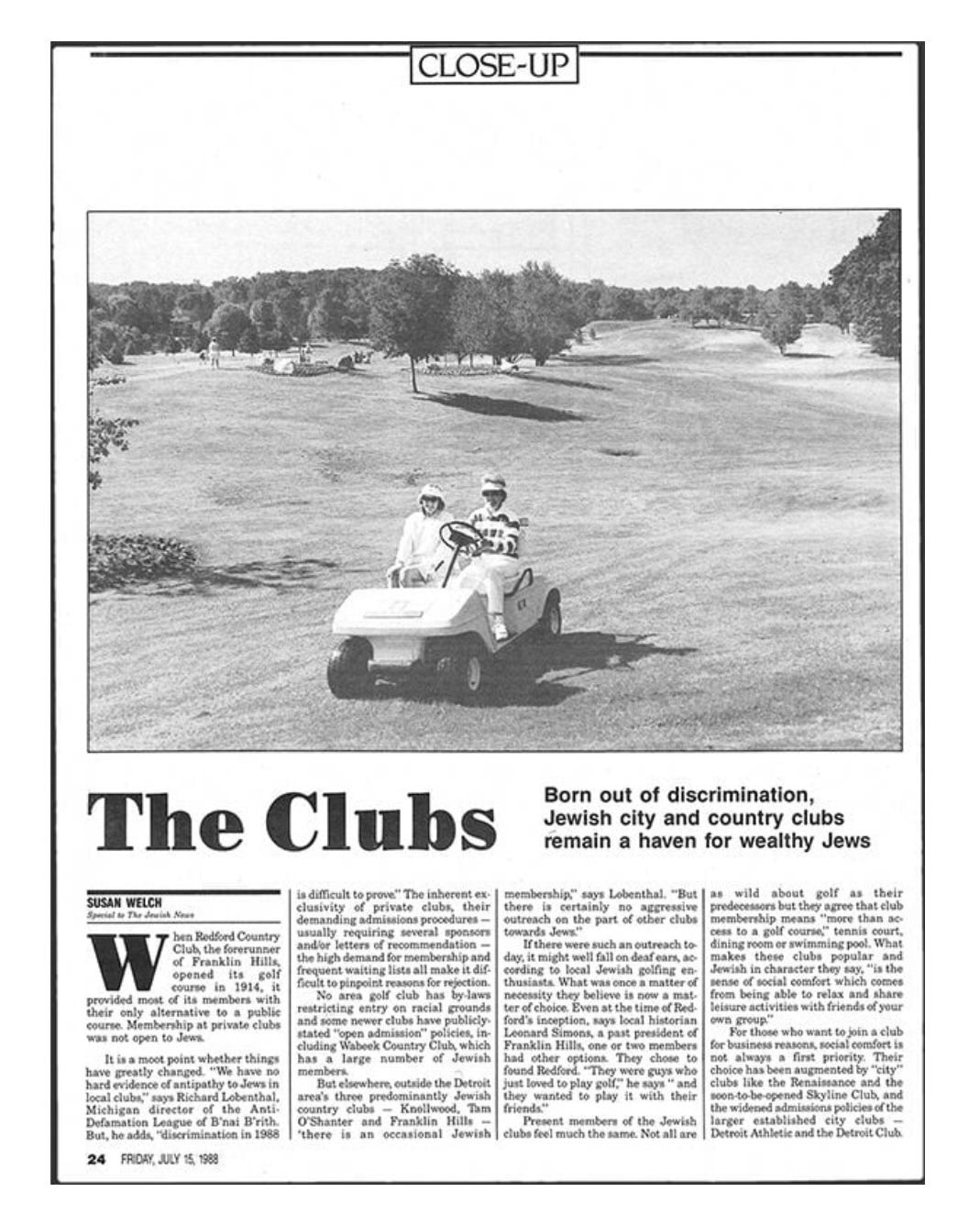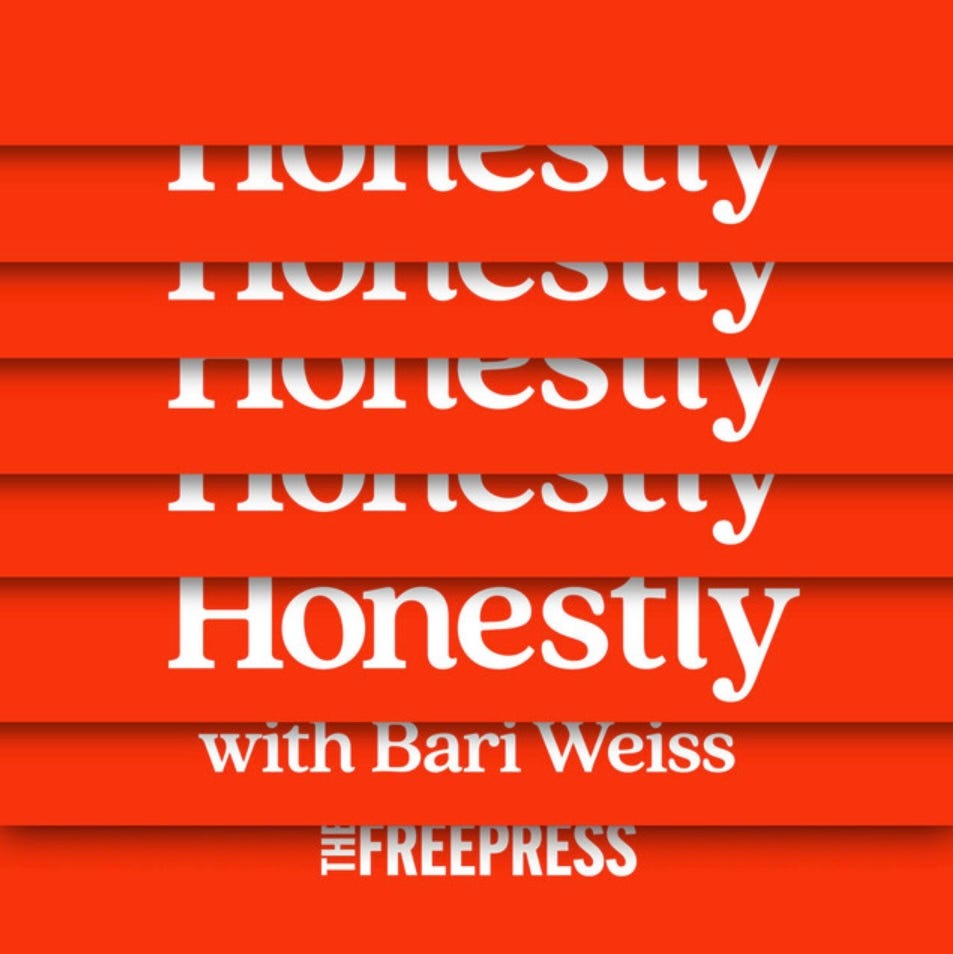As the week approached the 4th of July, I found myself reflecting not only on what this holiday means for all Americans, but specifically on what it has come to represent for Jewish Americans. Independence Day is more than fireworks and flags—it symbolizes the promise of opportunity, the protection of liberty, and a unique chapter in Jewish history
The United States has long served as a safe haven for Jews fleeing persecution. New York City, which holds the world’s largest Jewish population outside Israel, became a destination for thousands of Jews from Eastern Europe in the late 19th and early 20th centuries. These immigrants viewed America as a land of freedom and upward mobility—a place where they could escape pogroms and discrimination to build lives with dignity.
That does not mean Jewish life in America has been without hardship. In the 1930s and 40s, President Franklin D. Roosevelt refused to admit countless Jewish refugees on boats fleeing the Holocaust—many of whom were turned away and ultimately perished in Europe.
Yet despite those dark chapters, the American story is one of undeniable progress. Today, the United States stands as Israel’s most important ally and one of the greatest defenders of Jewish life worldwide. On July 4, we remember not only the founding of a nation, but the enduring strength of an alliance built on shared values, democratic ideals, and the belief in human dignity.
The Unlikely Role of Golf in Jewish American History
For me, golf is a form of leisure that blends companionship, competition, and concentration. But what many may not know is that golf has a surprisingly meaningful place in Jewish American history.
During the early waves of Jewish immigration to the United States, Jews faced exclusion from many aspects of American society—including country clubs and golf courses. In response, Jewish communities began forming their own golf clubs, building spaces where they could gather, socialize, and compete. These courses became centers of Jewish social life and tools of cultural integration. Over time, Jewish golfers became more competitive and respected, eventually gaining access to the broader golf world from which they had once been excluded.
The story of Jews and golf is a small but powerful example of how Jewish Americans took obstacles and turned them into opportunities. If anyone reading this shares a love for the sport, I’d be happy to connect—there’s no better way to engage in history than by participating in the very traditions we helped shape. I've been privileged to play golf at some extraordinary private clubs and public courses over the many years of my playing.
A Podcast Worth Your Time
Lastly, I want to share a podcast recommendation: The Words That Made America by Bari Weiss. Bari is one of the most courageous and principled Jewish voices in American journalism today, and this podcast is a powerful reflection on patriotism, purpose, and the founding values of the United States.
In a time when American pride is diminishing, Bari reminds us why this country still deserves our belief and dedication. The United States is not perfect—it never has been. But it remains a nation that allows for reinvention, redemption, and boundless opportunity. Jewish Americans, more than most, understand the significance of a country that protects freedom of religion and expression. We have built communities, raised families, and advocated for Israel in ways that would not be possible anywhere else.
This week, I urge you to take a moment to remember the meaning behind July 4. Not just as a holiday, but as a testament to the values that continue to make America—and its alliance with Israel—so vital to Jewish life around the world.
Warm wishes for a peaceful and meaningful Shabbat.
David M. Cohen, Esq., M.Sc
Desk of the CEO
The Algemeiner
Discussion about this post
No posts










